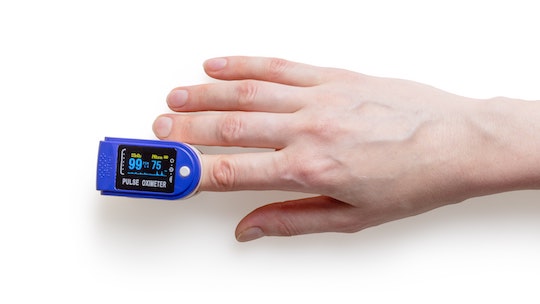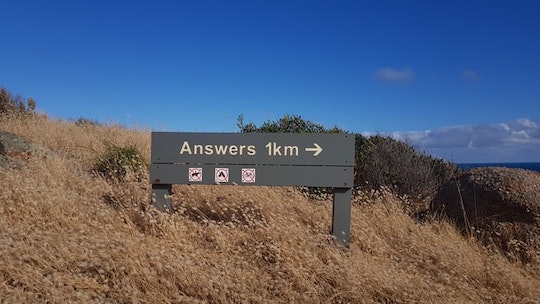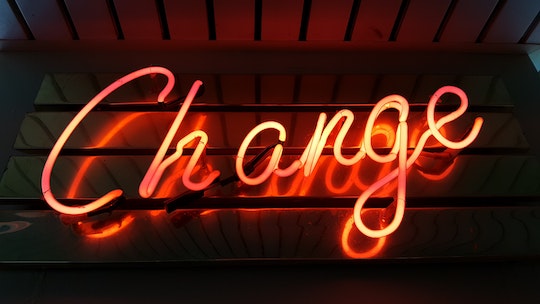“We make our world significant by the courage of our questions and by the depth of our answers.”
—Carl Sagan, 20th Century American astronomer & planetary scientist
As a science buff growing up and even today, Carl Sagan has always been one of my heroes. He was a leading figure in popularizing science through his books and the television series Cosmos, which became PBS’s most watched show for decades.
Sagan was instrumental in researching the potential for extraterrestrial life, demonstrating amino acids production from basic chemicals. He designed the Pioneer Plaques and Voyager Golden Recording, intended as a universal message for any extraterrestrial intelligence.
Among his numerous accomplishments was his role as an inspirational mentor to notable scientists including Neil deGrasse Tyson and countless young people who chose to follow in his footsteps.
EXERCISE:
In what ways do you courageously question your place and purpose in life and dig for the answers to make your time here even more meaningful?












